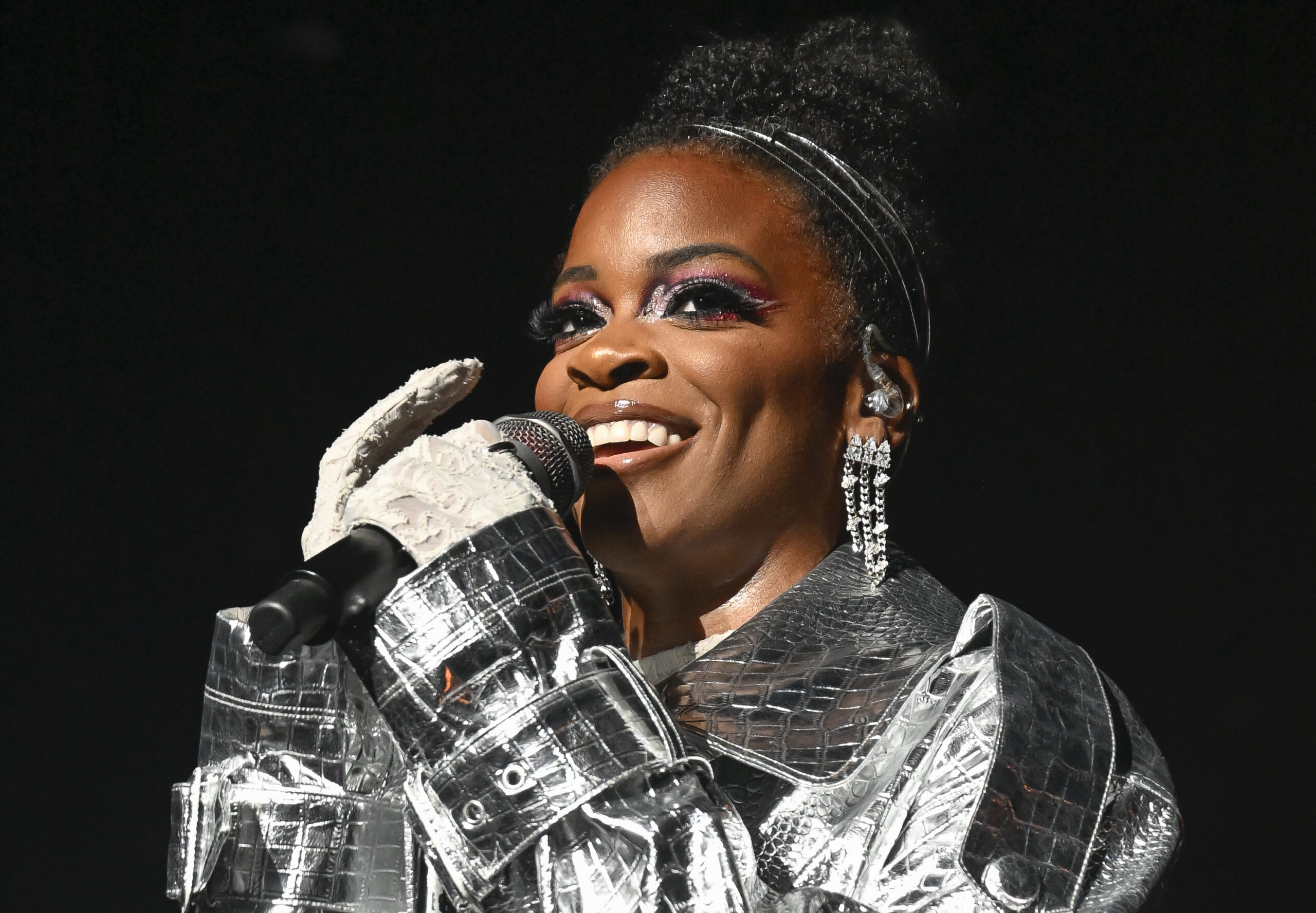Signed to Dreamville as the label’s first female artist in 2015, GRAMMY-nominated singer Ari Lennox is one of R&B’s most promising acts. Her music is raw and cathartic, with soulful songwriting that speaks to every crevice of the black female experience. From “New Apartment” to “I Been,” she’s sung about everything from the freedom of finally having your own space to healing from love’s abandonment. But while the 33-year-old singer has experienced much success, it hasn’t come without strife.
In fact, Lennox has taken drastic measures to protect her mental health on several occasions, from quitting music entirely to leaving social media. On the Instagram post uploaded October 11th, Lennox confirmed she’ll be deleting FB, IG and TikTok permanently. She wrote, “The fear of losing brand deals and music sales will no longer keep me here.” While fans will surely mourn her presence, here’s why deleting social media is clearly the next step in Lennox’s healing process.
Why Ari Lennox Is Deleting Social Media
Attributing the drastic measure to be a protection of peace, the songstress writes, “To all of my beautiful fans, I’m just not happy nor thriving here. I have a very toxic and codependent relationship with these apps. My happiness is worth more to me, than using these platforms to promote. I’m so exhausted with my addiction to the internet and gossip and attention and validation and yearning to be in control and over-sharing. I just want to be free and complete.”
Lennox adds that her last day of being active on socials will be December 18, her two year sobriety anniversary. She’s been vocal about her sober journey, attributing it to saving her life.
Her experience with the apps echoes a sentiment many women share. While social media can be a place to connect, learn and express, this doesn’t come without a price. It can deteriorate one’s mental health to see the highlight reel of everyone else’s life, comparing very real fractures to a facade of perfection. You can begin to feel insufficient, plagued with flaws and behind schedule. For young girls on the apps, the confirmed cases of body dysmorphia in adolescents have skyrocketed. Between facetuning and the rise of BBLs, they’re comparing their human bodies to women that are practically AI. This is why 41% percent of teens who consistently use social media admit their overall mental health is critically poor.
Meanwhile, women in their late 20s and 30s are witnessing marriages, babies and career accomplishments happen to their peers every day, feeding a false notion they’re running out of time. While there’s no schedule nor designated destination, social media can trick your nervous system into believing you’re running full speed on a treadmill. This can drastically impact one’s sense of worth, leading to anxiety and depression.
Other Stars Who Also Left Social Media
Lennox isn’t the only artist who admits to being negatively impacted by social media. Lizzo left social media in 2020 after dealing with bullying, harrassment and body shaming. She returned a year later, though admits to still struggling with the app. Meghan Markle also removed her social media presence before joining the royal family. She’s shared openly about being the target of racially-motivated bullying. Stars like Cardi B and Selena Gomez have also taken time away from social media in an effort to preserve their well-being.
Ultimately, taking intentional time away from social media could positively impact everyone’s mental health. However, statistics show that 54% of users claim it’s too difficult to “give up” social media. It’s an easy habit to build dependence on, even if time away proves to be drastically beneficial. As Lennox bravely prioritizes her peace over getting to the bag, one can only hope that this demonstration of resilience and self-love will inspire more women struggling to do the same.
